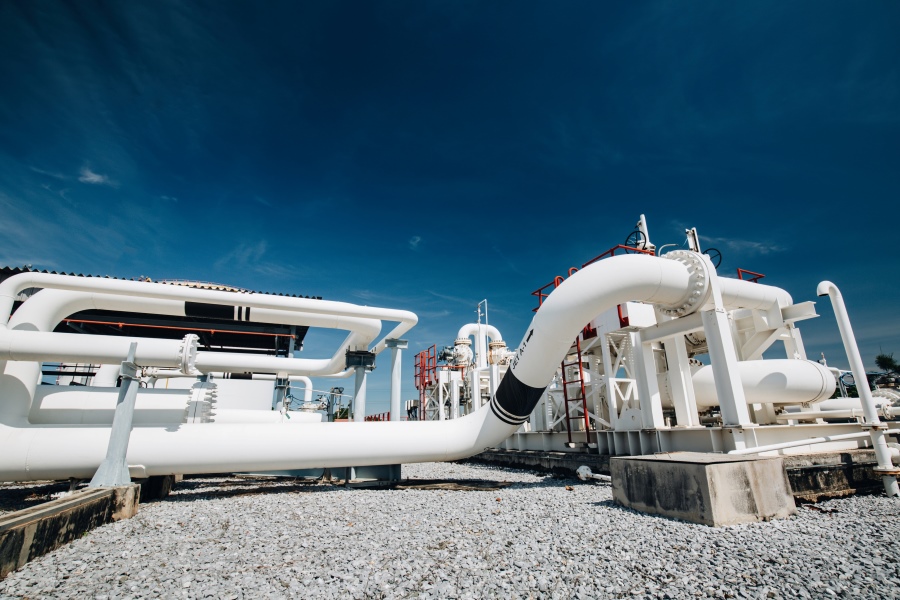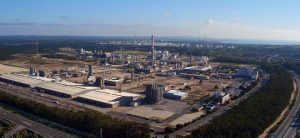Covering the full nuclear-to-energy end-user value chain, the technical and strategic nuclear consultancy firm will explore how the deployment of nuclear-enabled hydrogen production could support the repurposing of the UK’s extensive existing gas network for low-carbon hydrogen.
Hydrogen is currently being considered as a greener alternative to natural gas for industrial, domestic, and transport customers. Nuclear-enabled hydrogen is recognised by the UK’s Low-Carbon Hydrogen Standard and uses the heat and electricity from nuclear reactors to generate hydrogen. Previous studies show that nuclear-enabled hydrogen can reduce costs for consumers, as well as providing resilience in production.
The SHyNE project will develop a deployment roadmap for capacity introduction to meet user demand, looking at estimated production rates, a geographical analysis that considers potential nuclear new-build sites in the context of existing infrastructure, customer demand centres, and a techno-economic analysis.
Advancements in nuclear technology, particularly with Small Modular Reactors (SMRs) and Advanced Modular Reactors (AMRs) offer flexibility and scalable deployment options that support a robust and resilient clean energy strategy. SHyNE will build on these developments by assessing how improved siting flexibility and financing methods for reactors can accelerate nuclear deployment to support the energy transition and reduce costs for consumers.
The project will also assess how a nuclear power station, twinned with electrolytic hydrogen production, can provide flexible electricity output to help balance the grid. The SHyNE project will lead the way in demonstrating the potential opportunities for nuclear energy to help meet the UK’s 2050 Net Zero commitments.
Allan Simpson, Chief Technologist at Equilibrion, articulated the significant step forward of wider UK nuclear energy deployment: “Nuclear-enabled hydrogen represents a powerful, yet largely untapped, opportunity to drive the UK’s journey to Net Zero at a significant scale, and for the first time both the nuclear and hydrogen sectors can fully appreciate how working together can be a game-changer to the availability of low-cost electrolytic hydrogen and expand opportunities for organisations in both sectors.
“We are committed to enhancing the opportunities for collaboration between the hydrogen and nuclear sectors for mutual benefit and are delighted to be appointed by Northern Gas Networks and Wales & West Utilities to advance the role of nuclear energy in delivering scalable, low-carbon hydrogen through the existing gas infrastructure. This project supports the foundation for a sustainable energy transition, bringing clean energy and substantial socio-economic benefits to communities across the UK.”
Commenting on the project on behalf of WWU, Matthew Hindle, WWU’s Head of Net Zero & Sustainability said: “We know that low-carbon hydrogen needs to play an important role in supporting the UK’s energy transition – including blending into existing natural gas supplies, or in its pure form for industry, transport, electricity generation and homes. To reliably produce sufficient hydrogen to meet these demands, it will be vital to diversify production methods and increase the levels of firm capacity needed for predictable supply.
“We are excited to work with Equilibrion and NGN to better understand how nuclear-enabled hydrogen can support gas customers through the energy transition, by providing reliable, scalable low-carbon hydrogen for supply into the UK gas networks. SHyNE can support the reuse and adaptation of existing infrastructure to reduce costs, while accelerating the energy transition and enhancing energy security.”






